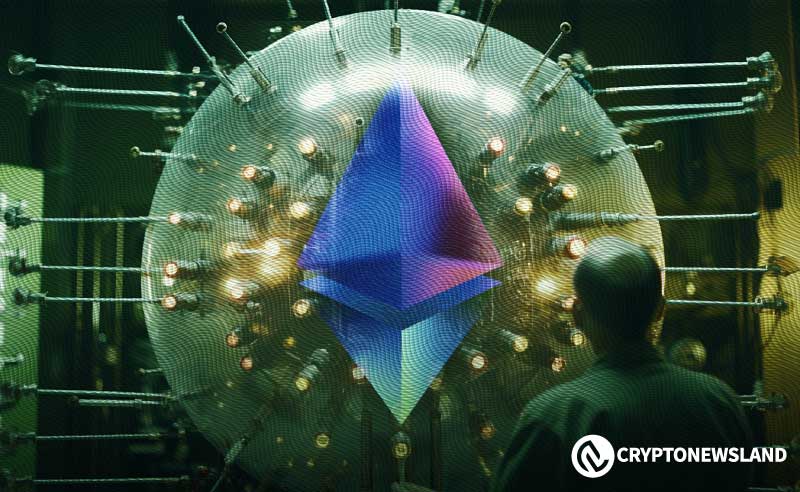- Ethereum Dencun upgrade slashes gas fees on Layer 2 chains.
- Success follows rollout on Ethereum mainnet, marking a scalability leap.
- Community reactions highlight ongoing concerns despite fee reductions.
The recent completion of the Ethereum Dencun upgrade marks a significant milestone for the Ethereum ecosystem, promising notably lower gas fees on Layer 2 (L2) Ethereum chains. This led to L1 user frustration as they just witnessed L2 users going from cheap gas fees to cheaper gas fees while L1 users are still stuck in a deep gas fees hole.
Following the successful rollout on the Ethereum mainnet on March 13 at 1:55 pm UTC, users have reported a remarkable reduction in median gas costs when transacting on platforms like Optimism after the Dencun upgrade.
Anticipated as the most crucial hard fork since the Merge, Dencun aims to substantially alleviate transaction fees on layer-2 networks and bolster Ethereum’s scalability. However, while celebrated as a step forward, Arthur Breitman, co-founder of the Tezos blockchain, suggests that Dencun only addresses a fraction of the challenges faced by layer-2 solutions, cautioning that scalability issues persist despite the upgrade.
Dencun’s launch follows the Shanghai upgrade in April 2023, which facilitated the unstaking of Ether (ETH) for the first time post the network transition to a proof-of-stake system after the Merge.
Comprising nine Ethereum Improvement Proposals (EIPs), the Dencun hard fork merges elements from the Cancun upgrade, focusing on transaction management, and the Deneb upgrade, targeting consensus mechanisms.
While the community applauds the advancements, questions arise regarding when similar benefits will extend to Layer 1 protocols and express concerns over persisting high fees for certain operations on the Ethereum network.
The responses underscore the ongoing challenges faced by users and the pressing need for comprehensive solutions to ensure broader accessibility and affordability across the Ethereum ecosystem.

